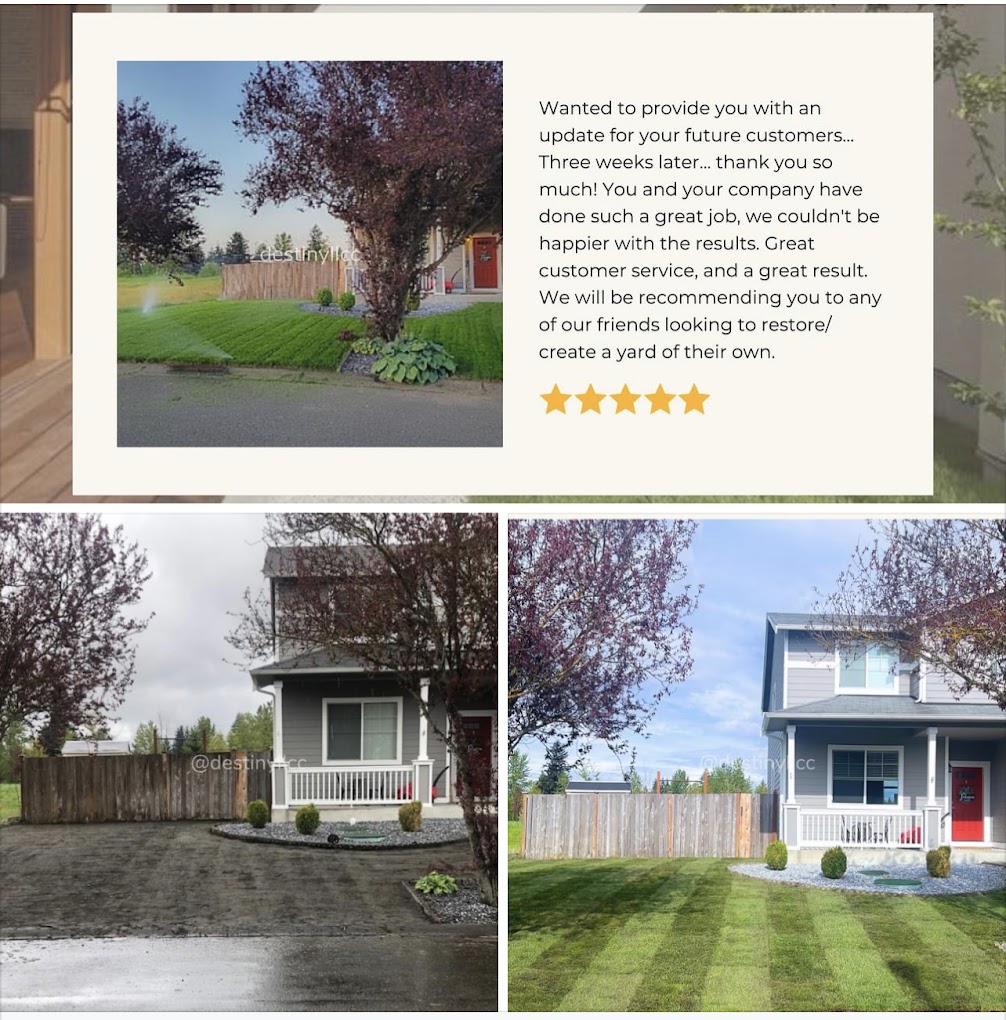Expert Tips for Creating the Perfect Lawn Design
Americans have always cherished a lush, green lawn. It’s more than just grass; it’s a space for family gatherings,…

Selling a sunroom and awning installation company isn’t just a transaction — it’s a transformation. You’re not only parting ways with years of sweat and growth, but also passing the torch to someone else who will carry your legacy forward.
If you’ve built a reputable name, satisfied hundreds of homeowners, and turned backyards into peaceful sanctuaries, then congratulations — you’re in a strong position. But how do you turn that value into a successful exit?
In this guide, we’ll walk you through everything you need to know about selling your sunroom and awning business, with expert strategies, practical examples, and a dash of humor (because let’s be honest, business transitions are already stressful enough!).
Let’s face it — running a home improvement business is rewarding, but it’s also exhausting. Maybe you’re retiring, exploring a new venture, or just ready for a lifestyle change. Whatever your reason, the timing and preparation matter.
Real-life example: One contractor in Ohio sold his sunroom business for 5x EBITDA because he had a decade-long history of 5-star reviews, repeat customers, and clean books. Preparation made the difference.
Many business owners overestimate or underestimate their company’s worth. Valuation is both a science and an art.
Annual revenue and profit margins
Client base (residential vs commercial)
Equipment, vehicles, and inventory
Online reputation and brand presence
Contracts and pipeline of future jobs
Tip: Don’t just look at revenue. Buyers care about systems — if your business depends 100% on you, it’s less attractive. A well-run, process-driven business fetches a higher multiple.
Buyers love clean books. If your financials look like a puzzle only you can solve, it’s a red flag.
What to prepare:
3-5 years of profit & loss statements
Balance sheets
Tax returns
Detailed list of assets
Current job pipeline
Pro tip: Hire an accountant who understands home service businesses. It’s a small investment that can lead to a much higher sale price.
You might imagine a big national chain swooping in with a big check, but most often, it’s:
A competitor looking to expand territory
A private investor seeking cash-flowing businesses
A manager or employee who knows the ropes
Knowing who your ideal buyer is will shape how you package and pitch your business.
Think of it like selling a home — you want to declutter, repair, and stage it right. Same goes for your business.
Document your installation processes
Create a manual for staff operations
Streamline your CRM and quoting tools
Clean up your website and social media
Settle any outstanding legal issues
Pro insight: Businesses that look “plug and play” (i.e., someone else can step in and run it tomorrow) sell faster and for more money.
Now that you’re ready to sell, it’s time to get the word out. You can:
Use a business broker specializing in service companies
List on sites like BizBuySell, DealStream, or Flippa (for digital-first operations)
Network within trade associations or LinkedIn groups
Warning: Never disclose sensitive info like client lists or supplier contacts too early. Always use NDAs.
This is where things get real — and emotional. Having a broker, attorney, or advisor in your corner is a big help.
Negotiations may include:
Sale price and terms (lump sum or payment plan?)
Transition support (are you staying on to train?)
Non-compete clauses
Equipment and lease transfers
Funny truth: No matter how detailed your agreement is, someone will ask you 3 months later where you stored the customer job photos from 2019. Document everything!
“If I had known how many buyers wanted a sunroom business, I would’ve prepped a year earlier.”
– Joe, former owner of SunBright Installations
“The buyer loved that I had a system for quoting and ordering. It showed him the business could run without me.”
– Linda, sold her awning company in Florida
These aren’t unicorns — they’re just smart sellers who took the time to do it right.
Waiting too long: Selling when you’re burnt out shows. Start while you’re still engaged.
Overvaluing goodwill: Your brand is valuable — but only if it’s transferable.
Hiding flaws: Be honest about weaknesses. Buyers appreciate transparency.
Trying to DIY everything: It’s tempting to save costs, but expert help often leads to a better outcome.
Selling your sunroom and awning business isn’t the end — it’s a new beginning. For you, for the buyer, and for the brand you’ve built. By focusing on systems, clean records, and understanding buyer psychology, you’re setting yourself up for not just a sale — but a satisfying, successful exit.
Remember: You’re not just selling a business. You’re passing on a dream.

Enhance Your Curb Appeal: Elevate Your Property's First Impression
The exterior of your property is the first thing people notice, and it’s crucial to create a memorable impression. Whether you want to rejuvenate your landscape, tidy up after winter, or incorporate new design features, a well-maintained exterior can greatly improve your property's curb appeal. From thorough cleanups and thoughtful planting to upgraded irrigation systems, investing in your outdoor spaces can make a significant impact.
The Destiny Landscape team is ready to work with you to find the best solutions for your specific landscaping needs.